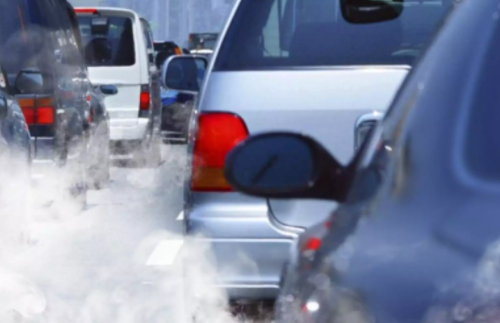Ringing out the old: New vehicle scrappage policy reflects awareness of pollution concerns. It’s also in sync with effort to reduce road accidents.
Announcing the government’s new policy for scrapping old and unfit automobiles last week, Union Minister for Road Transport and Highways Nitin Gad Kari gave estimates of the country’s old car fleet. About 1 crore vehicles more than 15 years old ply on the country’s roads. Given the well-documented environmental and road safety risks of such large numbers of old automobiles, the policy is a step in the right direction. It frames a phased and non-coercive approach to flushing out polluting and unsafe vehicles. At the same time, it allows the minuscule number of owners of “sentimental” vehicles and collectors of unique automobiles to preserve them, albeit at a price.
To buy our online courses: Click Here
The policy will kick in from April 2022 with the government setting an example by retiring about 2.3 lakh old vehicles owned by various agencies under it. Mandatory tests for heavy commercial vehicles will begin from April 2023 and for other automobiles in June 2024. The policy aims to nudge vehicle owners into compliance through a system of incentives and disincentives. It is also expected to stimulate the auto industry and boost fuel-efficiency in the long run.
Read More: How India and Israel can lead the way on 5G collaboration
Diesel vehicles older than 10 years and petrol vehicles that have run more than 15 years are banned on Delhi’s roads following the NGT ruling of 2015. Two years ago, West Bengal initiated a scheme to phase out more than 15-year-old commercial vehicles — the plan has not yet come into effect, reportedly because of the COVID pandemic. The National Clear Air Programme of 2019 asks cities to frame policies to retire old cars but it does not define the criteria for end-of-life vehicles. The policy announced last week will provide a roadmap to these sporadic initiatives. In the coming months, however, the government will have to seek legal opinion to clear the air on whether the new policy will take precedence over the NGT ruling on Delhi.
The announcement of the scrapping policy coincided with the sobering conclusions of the World Air Quality Report: Twenty-two of the 30 most polluted cities in the world are in India — transportation is among the major sources of air pollution. The scrapping policy is a reassuring testament to the government’s awareness of such concerns. It’s also in sync with its endeavor to reduce road accidents by introducing safety provisions in the Motor Vehicles Act 2019. The policy will ensure that more cars on Indian roads are equipped with the rapidly improving technology to secure passengers during a crash. The government must now take the next step for modernizing the country’s car fleet by introducing the long-awaited electric vehicle policy.




